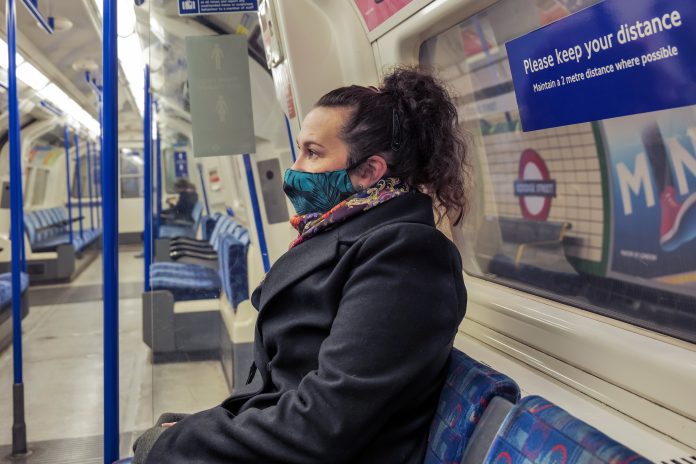The REACT study suggests that scientists don’t know if the Indian variant is more infectious than the Kent variant – largely responsible for the winter wave of deaths
Currently, the recorded death toll in India is 283,000. The daily death numbers broke world records in the context of COVID, and skies in some cities continue to burn amber with the fires of cremation. These numbers are known to be a fragmented representation of the devastation, as thousands more are dying via the virus without entering hospital records, due to a lack of hospital space and oxygen.
The Indian ‘double mutation’ of COVID-19 is thought to be partially to blame, with some scientific possibility that the variant is more transmissible. The Indian variant, B1617, has now been recorded in the UK. According to Politico, the UK Government have been aware of the variant and its potential impact in the UK for four weeks. Today, there is some criticism for the decision not to close the border to Indian flights.
‘Could be cause for concern’, says Professor Steven Riley
Professor Steven Riley, Professor of Infectious Disease Dynamics at Imperial, said: “The fact that our study detected the Indian variant among a small number of samples could be cause for concern.”
The Real-time Assessment of Community Transmission (REACT) programme was commissioned by the Department of Health, to officially track how COVID-19 is spreading.
He further commented: “At the moment it’s unclear whether this variant is more transmissible than B.1.1.7 but this is a risk, so it will be important to closely monitor infections and hospitalisations in areas where this virus is present so that public health responses can be implemented if needed.”
In the last data drop from REACT, scientists analysed the virus via genetic sequencing. They found that 92.3% were the Kent variant and 7.7% were the Indian variant of concern.
Though the variant is here, infections are lower overall
Interestingly, both of the Indian variant were detected in London, in people who did not travel internationally within the two weeks prior to testing. The team believe that this means the Indian variant was caught through community transmission. Currently, the variant is prevalent in Bolton, in the North of the UK.
People above the age of 16 are being encouraged to take the vaccine there, to increase protection and avert the need for local lockdowns. Scientists will continue to monitor the presence of the Indian variant, but right now, it’s unclear if the mutations it has make it stronger than the UK variant.
There is currently no vaccine trial data on the Indian variant.
However, the REACT study also found that overall levels of infection were down, with 1 in 1000 infected now as opposed to the 1 in 500 infected back in March, 2021.
Professor Paul Elliott, director of the REACT programme from Imperial’s School of Public Health, said: “It is very encouraging that infections have continued to fall while rules have been relaxed in England, and it’s likely that the vaccine rollout has played a key part in helping keep the virus at bay.”











